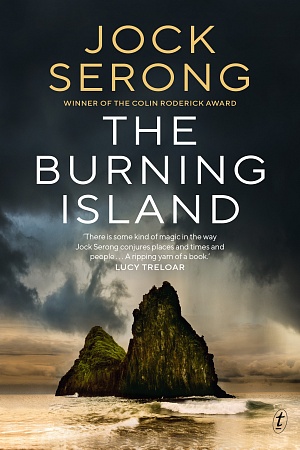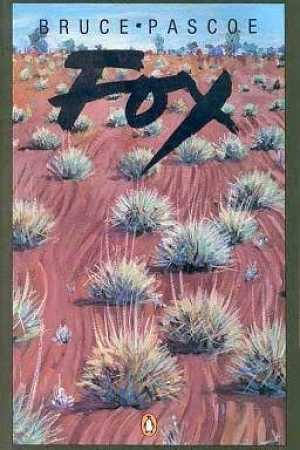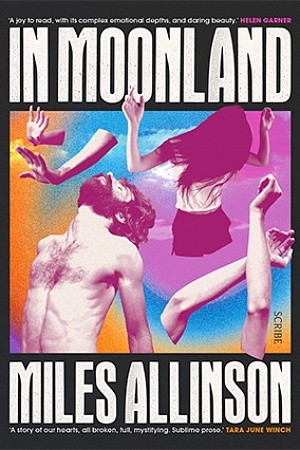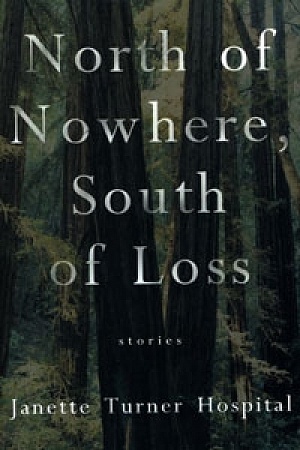Stone Sky Gold Mountain
University of Queensland Press, $29.99 pb, 264 pp
Stone Sky Gold Mountain by Mirandi Riwoe
In this multi-perspective novel, Mirandi Riwoe trains her piercing postcolonial gaze on Gold Rush-era Australia, lending richness to the lives of the Chinese settlers who are often mere footnotes in our history. Ying and Lai Yue are outsiders before their arrival in Far North Queensland, where they have gone to find their fortunes after their younger siblings are sold into slavery. While Ying struggles with hiding her gender in the male-dominated goldfields, Lai Yue is haunted by his betrothed, Shan – killed in a landslide back in China – and by his failure to protect the family from penury. Meanwhile, in nearby Maytown, a white woman, Meriem, grapples with her exile from respectable society while working as a maid to local sex worker Sophie.
As in her Stella Prize-shortlisted novella The Fish Girl (2017), Riwoe masterfully wields the interiority of marginalised characters to destabilise dominant colonial narratives. Riwoe’s depth of research is evident in her intricate descriptions of late-1800s Queensland. Food is a signifier of both cultural difference and shared humanity: on the goldfields, hunger is universal; sweet morsels and quaffs of rum connect characters when language cannot; the whites are no less foreign than the Chinese whose dietary customs they mock.
The opening of the novel is somewhat languorous, as Riwoe lingers on characters’ memories of the lives they have left behind. It is with Ying’s relocation to Maytown, and the challenging of expectations as she befriends Meriem, that the pulse of the story quickens. Lai Yue’s fate feels comparatively separate, as he takes a job as a carrier on an all-white expedition; nonetheless, it’s a heartbreaking depiction of the long-term effects of shame and alienation.
Aboriginal claims to the land are alluded to at various points. ‘[I’m] as fearful of the natives as anybody,’ Lai Yue reflects, downplaying a massacre he has witnessed. In highlighting the perspectives of non-white settlers, Riwoe paints a nuanced portrait of our violent past and maps the fault lines within our multicultural present.
Fans of The Fish Girl will doubtless enjoy reading Riwoe as she works with a larger canvas and a bigger cast of characters. This is innovative historical fiction, and a vital reappraisal of an oft-glorified period in Australian history.















Leave a comment
If you are an ABR subscriber, you will need to sign in to post a comment.
If you have forgotten your sign in details, or if you receive an error message when trying to submit your comment, please email your comment (and the name of the article to which it relates) to ABR Comments. We will review your comment and, subject to approval, we will post it under your name.
Please note that all comments must be approved by ABR and comply with our Terms & Conditions.